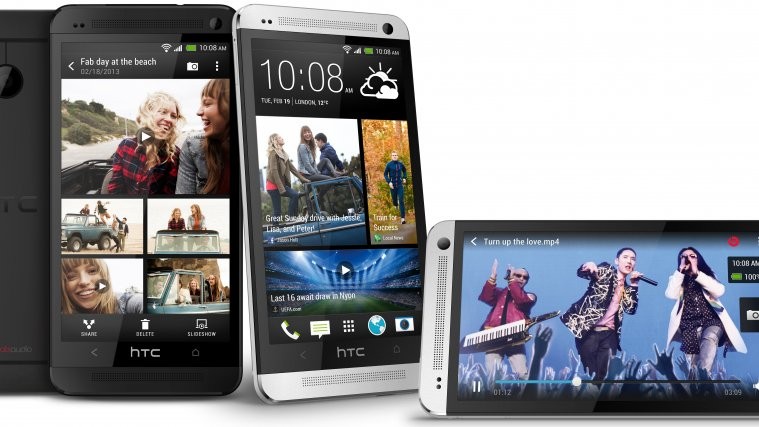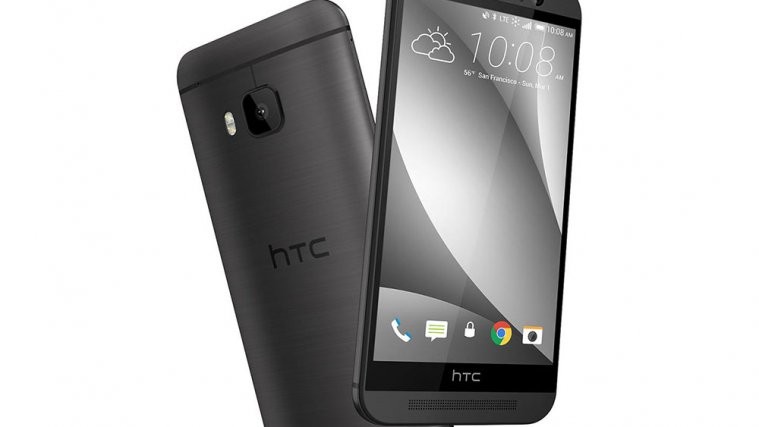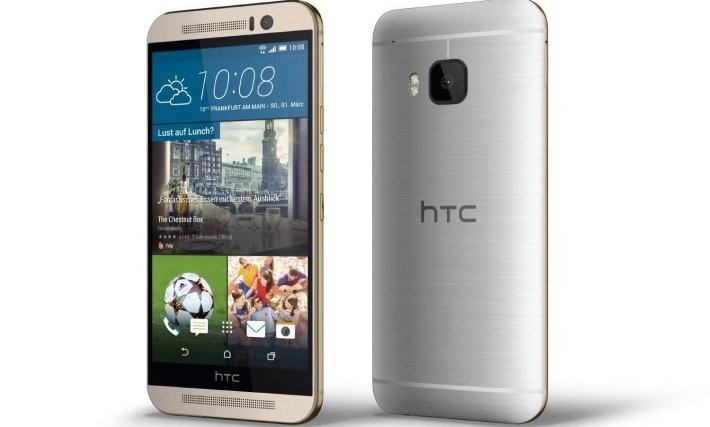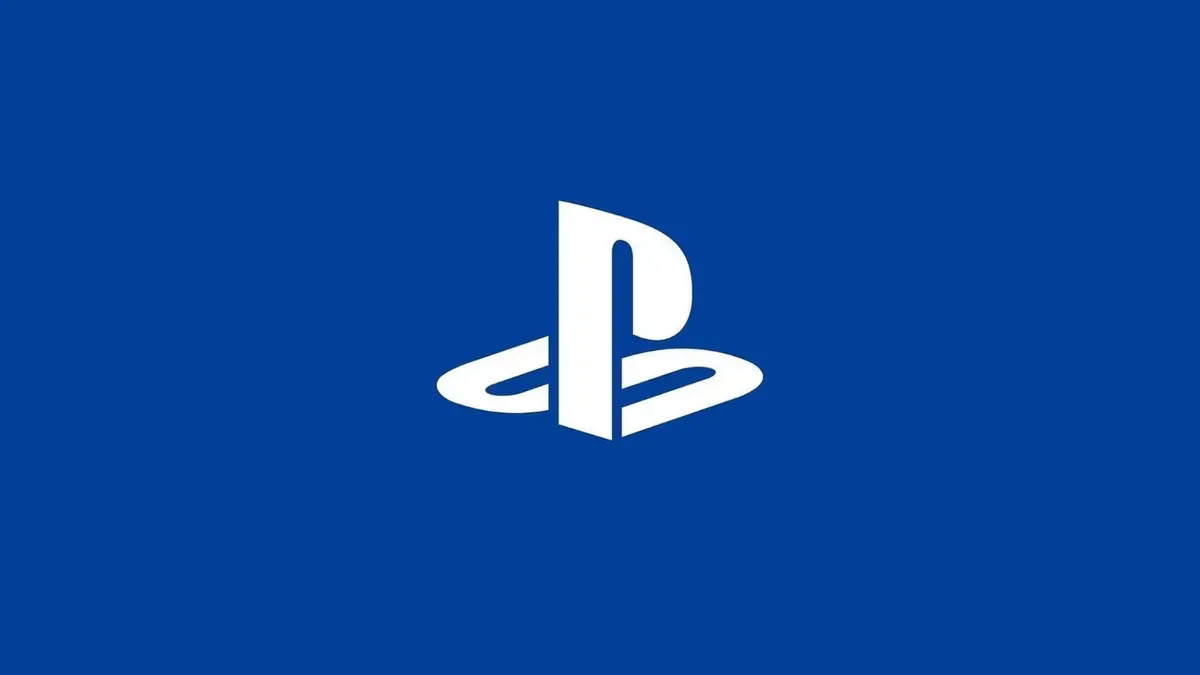The moment HTC fans (and tech geeks and even HTC haters) have been waiting for has finally arrived – the Taiwanese manufacturer has announced the One, their flagship phone for the year 2013. And boy, is this a device worthy of being called a flagship or what!
Let’s get the most important aspect of the HTC One out first and foremost – it comes with a new “UltraPixel” camera that is very obviously set to go against the amazing PureView cameras by Nokia. The camera on the One uses a custom-designed sensor with enlarged pixels that can absorb around three times more light than a conventional sensor, allowing for better low-light imaging, just like the camera on the Lumia 920.
The UltraPixel camera does however limit the resolution of any photo taken to only 4 megapixels, but as the sensible people know, as long as the photo quality is good the number of megapixels don’t really matter. Other technology included in the camera are optical image stabilization (OIS), and Gyroscope-based, multi-axis OIS for both the front- and rear-facing cameras, another nod towards the fact that the Nokia Lumia 920 has some serious competition.
The camera also includes HDR video and the new HTC Zoe feature, which captures five frames before one presses the shutter followed by 15 more after the shutter is pressed, allowing the user to select from a set of 20 photos. Furthermore, these 20 images can also be used to create stop-motion animation, and you also get a 3-second video clip along with those pictures.
Next up is the newest iteration of HTC’s custom UI overlay – called New Sense (don’t say that too fast too loud!), which is more of a brand new interface rather than a refresh or minor improvement. Taking inspiration from the live tiles on Windows Phone and from the news app Flipboard, New Sense sports what HTC calls BlinkFeed, a different take on the usual Android homescreen.
BlinkFeed is a live stream of information that the user wants right on the homescreen, such as social updates, entertainment, news, photos and much more, with the traditional Android homescreens just a swipe away for the traditionalists. Naturally, users can personalize what they want to see on BlinkFeed, so for example those heavily into social networking can turn their homescreen into a feed from their various social accounts. New Sense presents an overhaul otherwise as well, with new icons and a sleek and clean design.
The HTC One also has a few tricks up its sleeves when it comes to sound, with HTC touting it as having the “best audio experience of any mobile phone” thanks to a technology they call BoomSound. The boom in BoomSound comes from the two large stereo speakers on the front of the device, which certainly seem to wide enough to provide a great audio experience without headphones. As usual, Beats Audio integration on headphones is included and there’s also a dual-microphone HDR recording feature.
When it comes to the display, there’s a 4.7-inch Full HD 1080p LCD display on the HTC One that has the highest pixel density of any smartphone at 468ppi and is supposed to be a beauty to look at, which isn’t surprising considering the One X had one of the best displays the world has ever seen on smartphones. Under the hood, the HTC One packs all the power one would expect in a flagship phone, with the 1.7GHz quad-core Qualcomm Snapdragon 600 processor and 2GB RAM providing the necessary power to keep things running smoothly.
There’s 32GB of internal storage, with a 64GB variant planned for Asia-Pacific, though HTC has once again decided to forego expandable storage. In terms of connectivity, it’s a complete package again – Wi-Fi, HSPA, Bluetooth, GPS and GLONASS, NFC, and even an IR blaster in the form of the power button on top (yes, HTC once again failed to bring the power button to the side for better accessibility). The One will also be LTE-ready for both the US and UK.
One area where HTC have always excelled is design, and the HTC One has to be one the most beautiful and good-looking smartphone out there. HTC has gone all in with the use of aluminium on the device giving it the premium feel it deserves. The front of the device has only a back and home button with a HTC logo in between, which is something multitaskers like me won’t be too happy with in an otherwise very sleek and modern design.
The HTC One will be launched in more than 80 countries in the latter half of March, with HTC having teamed up with a total of 185 carriers. HTC has at long last been able to sign up with all the major carriers in the US to unleash a single variant of the device, and we all know how HTC seriously needs a big boost when it comes to carrier availability, which the HTC One is finally looking to provide. Pricing details haven’t been announced yet, but we can expect to pay a heavy premium to get hands on the device, at least without a subsidized contract.
Is the One the one (pun intended) for HTC that will see them rise back to the top again? Well, even with the amazing specs and features of the device, HTC still has to market it really well and if history is a guide, marketing isn’t one of HTC’s strong suites. But with Peter Chou (CEO of HTC) having said that marketing will be a key focus for the company this year, we might just see them turn around their flagging fortunes.
So, who’s getting One?
HTC One Specs
- Processor: 1.7GHz quad-core Qualcomm Snapdragon 600
- RAM: 2GB RAM
- Display: 4.7-inch 1080p LCD display, 1920 x 1080 pixels resolution
- Cameras: 4 megapixel “UltraPixel” camera, 1080p video, optical image stabilization (OIS), front-facing camera
- Storage: 32/64GB storage
- Connectivity: Wi-Fi, Bluetooth 4.0, HSPA, GPS, NFC, microUSB, MHL port, LTE, IR Blaster
- Audio: Dual stereo speakers, Beats Audio integration
- Battery: 2,300 mAh battery, non-removable
- Software: Android Jelly Bean, New Sense UI
Via: The Verge






